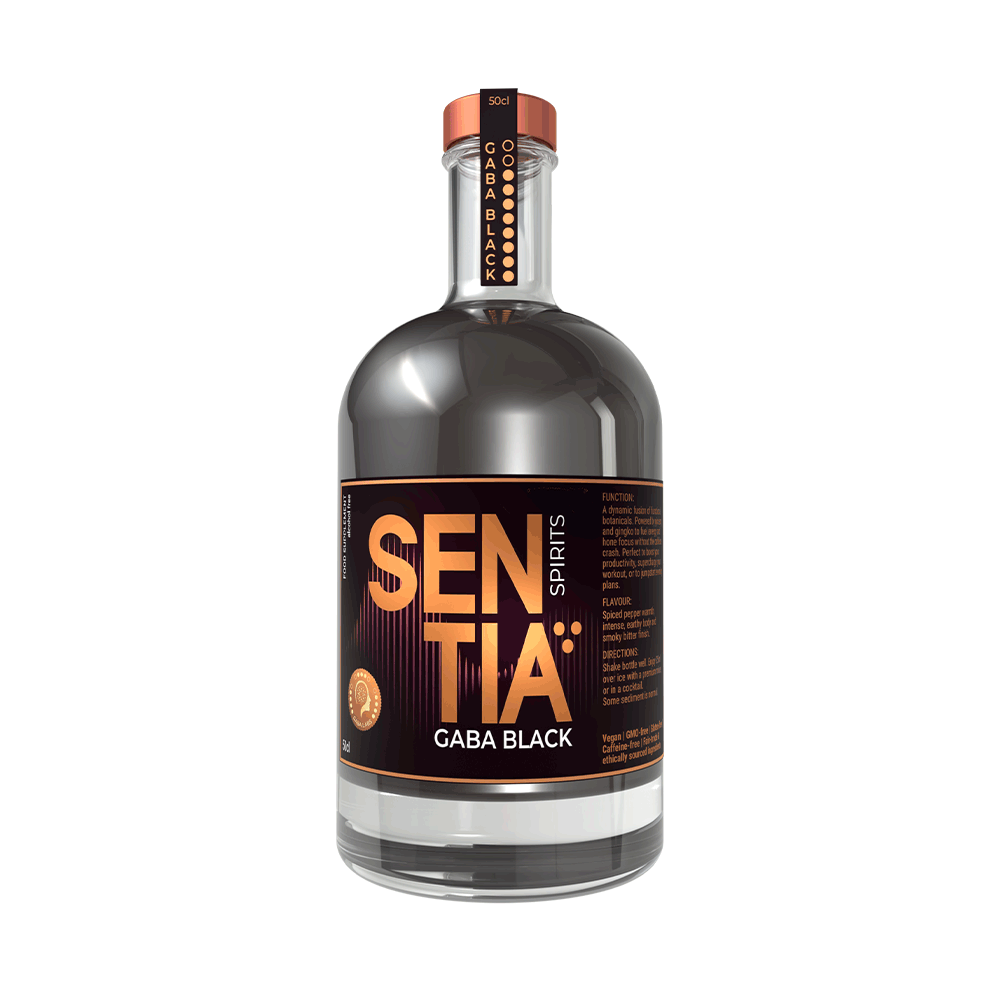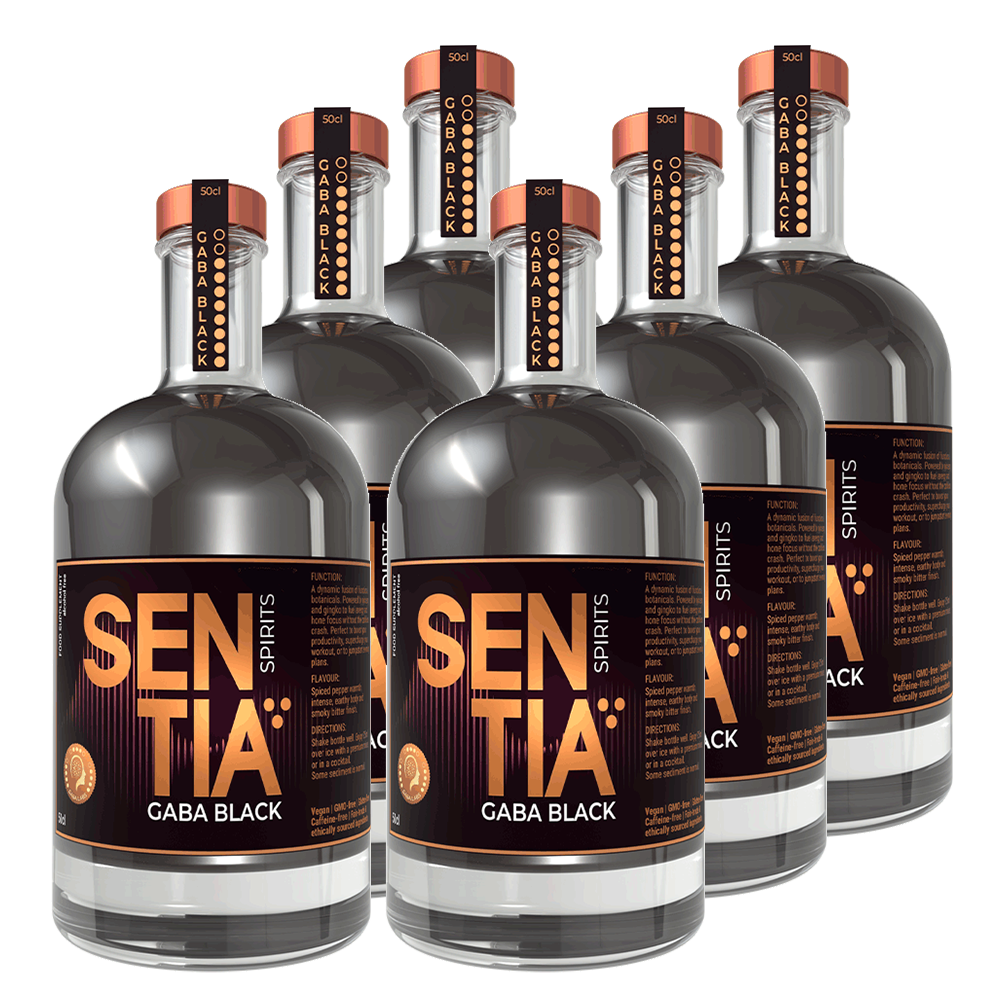
Psychology of Gift-Giving: Unraveling the Christmas Spirit
Unwrapping the Science of Gift-Giving: Neurological Magic of Christmas Presents
The science of sociability gets us excited because it’s at the core of what makes us human. Whilst piles of Amazon boxes, gift cards, and novelty jumpers might not seem particularly intrinsic to the human experience, the act of gift-giving is deeply embedded in our evolution and biology, just as our fondness for psychoactive substances like alcohol is.
Gift-giving is seen in lots of animals. Numerous species of birds do it, as do plenty of insects, but it's much less common in mammals. In most cases, gifting is a mating ritual, but in the mammalian species that exchange gifts–dolphins, primates, and a few others–social cohesion and community building are the motivating factors. Human society is all about trust and cooperation, and that’s why we’re the most sophisticated gift-givers on the planet. Our practices of gifting extend beyond the immediate family exchanges that we see in Chimpanzees, to giving gifts to secure social groups on a much wider scale. Historically we give gifts to secure alliances, to mend divisions, and to mark special occasions–we even offer gifts to the dead.
So, what’s going on in our brains when we give and receive gifts?
It should be no surprise that as a child, unwrapping a present beneath the Christmas tree tickled your brain’s natural reward centres by the actions of dopamine. But the act of giving also rewards the giver. A recent study asked participants to divide money between themselves and someone else. The more generous the participant was, the more a key node in the brain’s reward system, the Ventromedial Prefrontal Cortex, was activated. The study also found that the act of giving activated a part of the brain that manages empathy and separates our feelings from those of other people. This indicates that considering the recipient's preferences rather than our own shows up on a neurological level.
Gifting doesn’t just activate immediate rewards either, it can have more enduring effects. A study at the University of Milan found that gift exchanges could even sharpen the mind. When participants engaged in a cooperative game with close friends, those who exchanged gifts before the game began registered noticeable changes in cognitive performance. The study showed that the act of gift-giving between friends saw a significant increase in blood flow to the Dorsolateral Prefrontal Cortex–an area associated with decision-making and complex cognitive behaviour. So, if you want to sweep the board at Monopoly or Trivial Pursuit this Xmas, exchanging a few pressies beforehand can’t hurt your chances.
There’s more to giving than you’d think, so, whether you’re introducing a friend or loved one to functional GABA spirts with a limited edition festive Sentia hamper or just getting an epic round in at the pub this Xmas, your brain is gifting you something in return.





